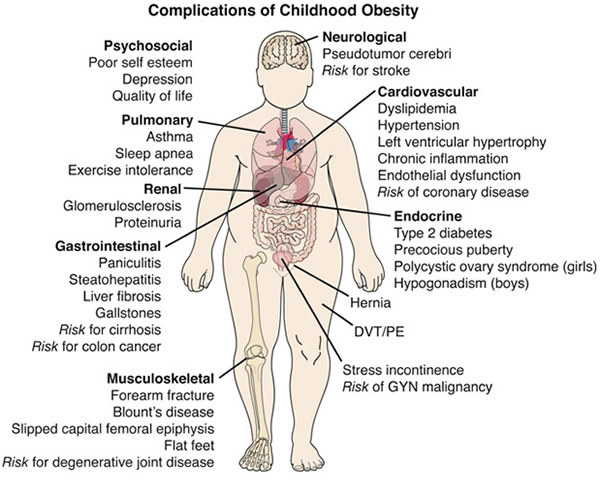These days, the health of our youth is more compromised than ever with the proportions of young Americans who are overweight has tripled since 1980. According to the California Department of Education, more than 32 percent of all youth in California are overweight and approximately 74 percent are unfit. As a result, chronic illness, such as juvenile diabetes, asthma, high blood pressure and even heart disease will be endemic among our youth in the future. At the current pace of weight problems, 75 percent of adults and nearly 24 percent of U.S. children and adolescents will be overweight or obese by 2015.
According to a report released by the California Department of Education,
support for nutrition education and training declined from more than $600,000 to
less than $70,000 between school fiscal years 2002-03 and 2004-05, a reduction
of $530,000, or 88 percent.
The
San Francisco Gate reports that children who are healthy, active and well-nourished children and youth are more likely to attend school and are more prepared and motivated to learn. Therefore, individuals are questioning whether a child even needs to sit at a desk to learn. Just as classrooms are designed to promote effective teaching, we must also design learning experiences that promote good health. School districts across the country are working on restoring nutrition and excercise to students in schools.
Five schools replaced sodas with fruit juice and milk; scaled back snacks to meet fat and calorie restrictions; banished candy; encouraged active participation at recess; gave raffle tickets for wise food choices toward bikes and jump ropes; and spent hours teaching kids and parents about good nutrition. A school in Los Angeles, the Los Angeles Leadership Academy, has removed refined flour, red meat and sugar from school lunches for healthier menus. Texas is trying a three-pronged approach - passing laws mandating more physical education, less junk food in schools, and an educational component for parents to emphasize basic nutrition facts. Many states are enacting laws that address nutrition and obesity.


No comments:
Post a Comment